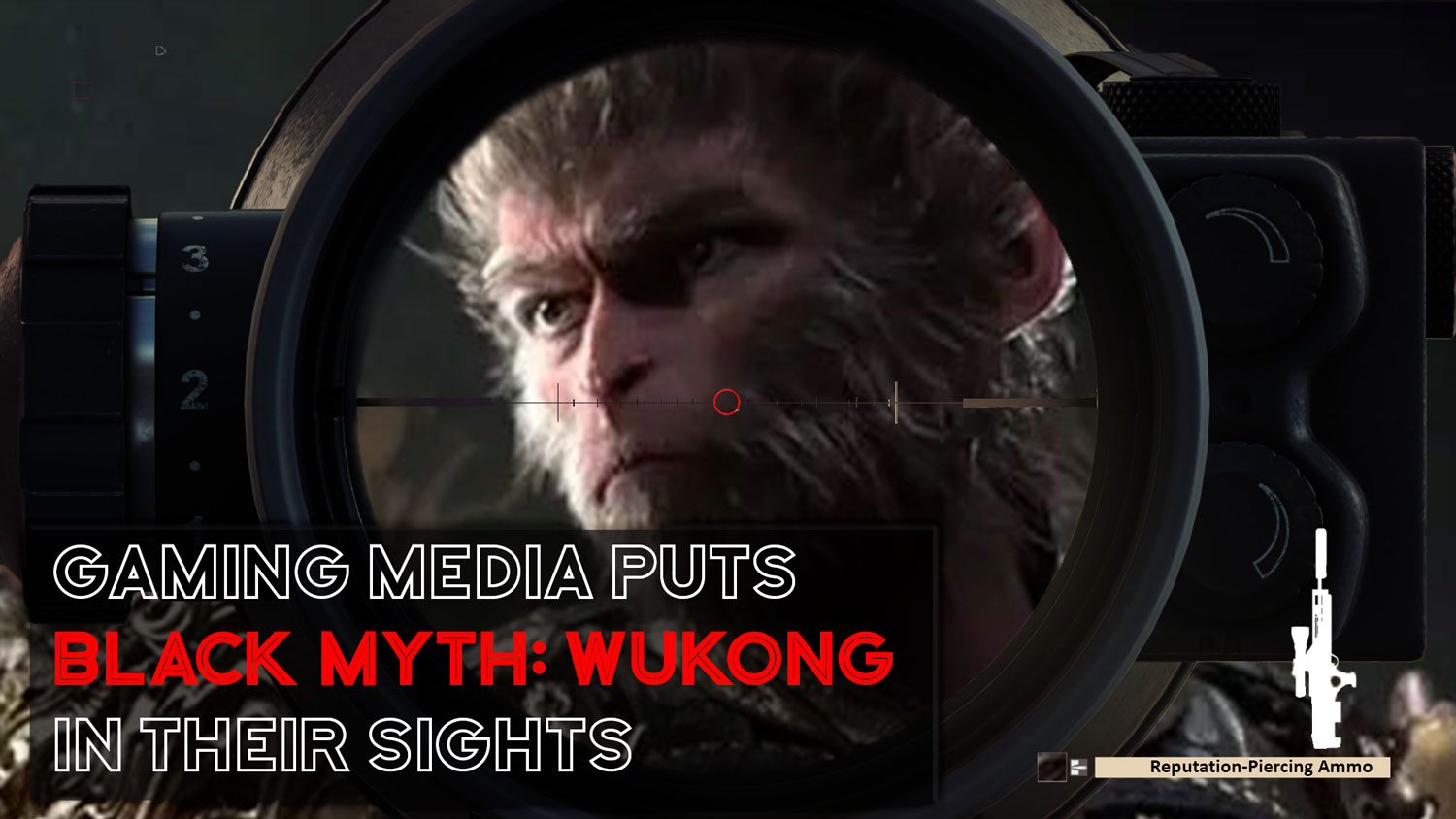
- arrow_back Home
- keyboard_arrow_right Gaming Fails
Legacy Gaming Media’s Hit Job on Black Myth: Wukong?
Gaming FailsGaming NewsHere's the Tea 4 122 Ayefkay November 20, 2024

GAMING MEDIA WENT BANANAS WHILE GAMERS EMBRACED THE MONKEY KING
The world of gaming is no stranger to controversy, but Black Myth: Wukong’s nomination for Game of the Year (GOTY) at The Game Awards has sparked a bizarre media pile-on that’s hard to ignore.
If you’ve dared to Google “Black Myth: Wukong nominated for Game of the Year,” you’ve likely noticed something suspicious—almost every major gaming outlet seems to be running with the same angle: Black Myth: Wukong is the “lowest-rated game” to get a GOTY nod.
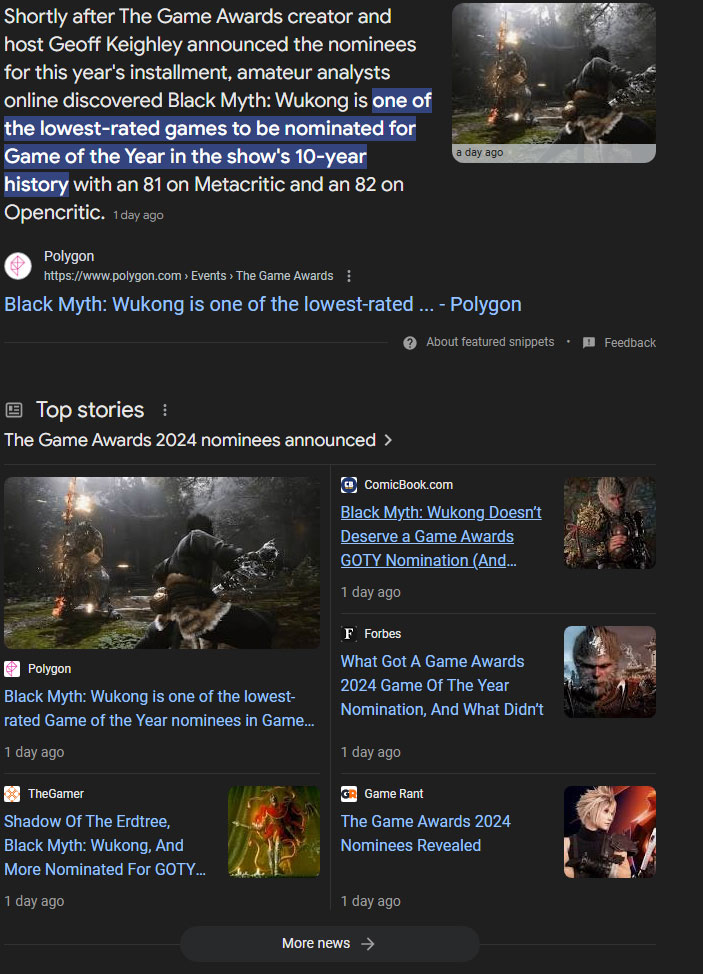
Let’s unpack why this narrative stinks worse than a rotting peach.
THE "LOWEST-RATED GOTY NOMINEE SMEAR CAMPAIGN
Gaming outlets love to harp on Black Myth: Wukong‘s Metascore, repeatedly labeling it as undeserving of its nomination. But here’s the kicker: that “low score” wasn’t driven by player reviews—it was driven by the very critics now weaponizing it against the game.
Player reviews on sites like Steam and Metacritic?
Overwhelmingly positive.
Critics?
Not so much.
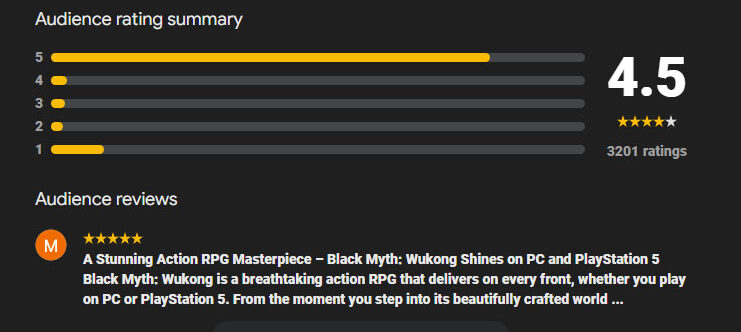
They rained down their doom-and-gloom scores like a poorly timed ultimate, citing everything from “clunky controls” to vague accusations of outdated design choices.
But here’s where it gets really spicy: many of these reviews piggybacked on allegations that have little to nothing to do with the actual game itself.
ENTER IGN AND THE STINKY BABY
Reported on by SmashJT.com, one major blow to Black Myth: Wukong’s credibility came courtesy of IGN’s Rebekah Valentine, who ran a story accusing the game’s development team of harboring “sexist” attitudes.
The “evidence” that they wrote these accusations off of were, according to SmashJT, basically debunked mistranslations and vague anecdotes that wouldn’t hold up in a bronze-ranked lobby.
Her claims were widely disputed by players and developers alike, with no concrete evidence to back them up and at the end, Rebekah just doubles down and instead of accepting fault just blames the game more for not having “women or femme-coded characters”…in the Journey to the West…seriously?
Then there’s the Sweet Baby Inc. angle, where the company allegedly demanded $7 million from the developers for “guidance fees.”
This sparked a heated debate in the gaming community, with many calling it an extortion attempt disguised as inclusivity consulting.
>Chinese media: 'Black Myth: Wukong' refused to be extorted $7 million by SweetBaby.
— Pirat_Nation 🔴 (@Pirat_Nation) June 14, 2024
English:
The reason why the team behind "Black Myth: Wukong" has been subjected to persistent sexist attacks and slander since their first promotional video is because they have consistently… pic.twitter.com/P94rUpVnuI
Gamers rallied behind Black Myth: Wukong, calling out what felt like a blatant attempt to smear the game for not aligning with the critics’ ideologies.
Meanwhile, the gaming media doubled down, amplifying the narrative and conveniently omitting the overwhelming player praise.
It’s worth noting that Sweet Baby Inc. has faced criticism before for overstepping boundaries in its approach to “localization” including what appears to be encouraging the use of scare tactics to push their DEI agenda and services upon unwilling companies.
THE COORDINATED NARRATIVE: COINCIDENCE OR COLLUSION?
Let’s address the elephant in the room (or should we say, the monkey?). Why are so many gaming outlets regurgitating the same talking points about Black Myth: Wukong?
Sure, journalists occasionally echo each other, but this feels more coordinated than a pro League of Legends teamfight.
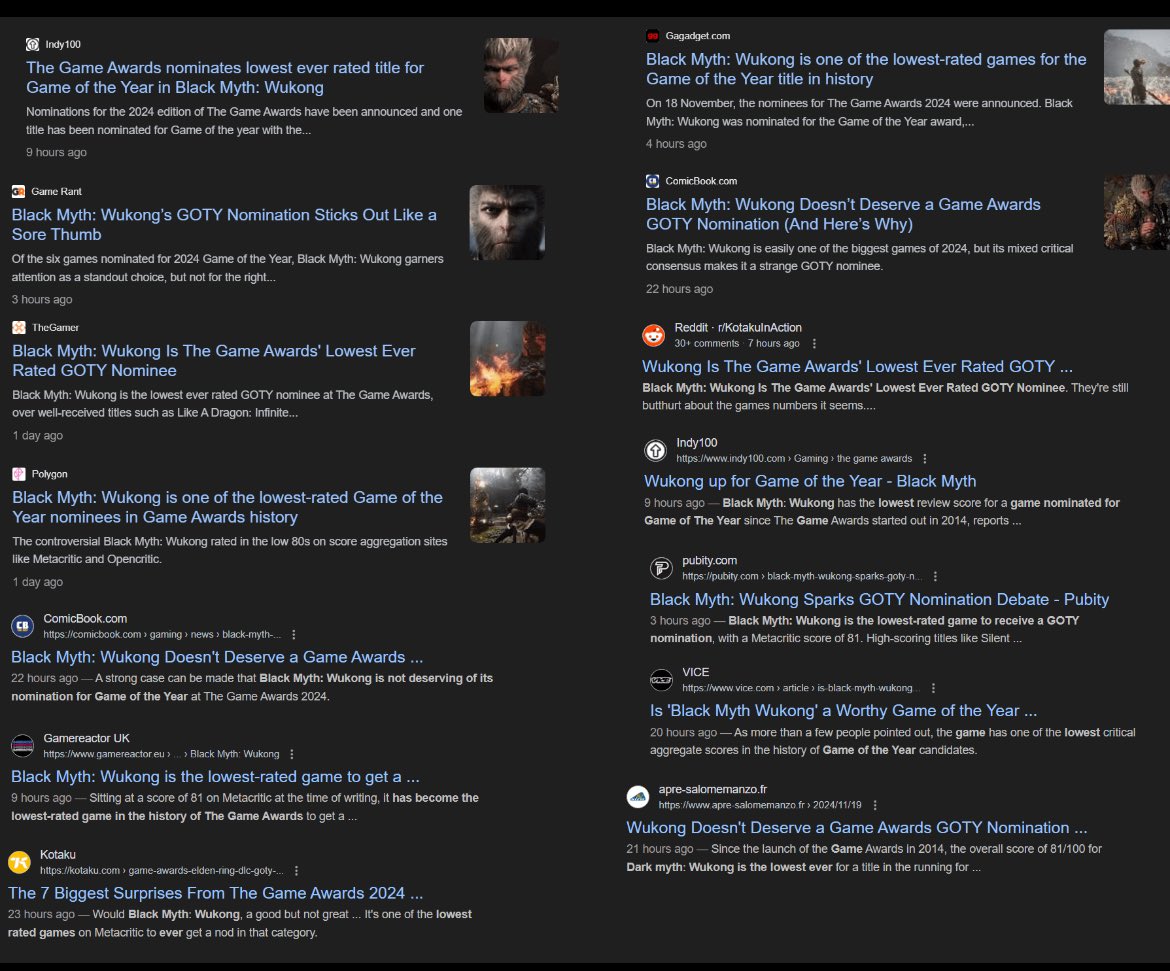
Image Credit: @Pirat_Nation | Posted on X
One theory circulating among gamers is that the media has an agenda to push titles that align with specific ideologies, sidelining games that don’t fit the mold.
The coordinated takedown of Black Myth: Wukong raises the question: is this about the game’s quality, or is it about power and control?
GAMERS ARE FED UP
If there’s one thing gamers can’t stand, it’s being told what to think. The Black Myth: Wukong controversy has only deepened the growing distrust between players and legacy gaming media.
Many gamers feel these outlets have become echo chambers, more interested in pushing their own left-leaning narratives than celebrating games themselves.
For years, these media platforms have been hemorrhaging credibility faster than a rage-quitting teammate in Valorant (like their constant shilling for Dragon Age: The Veilguard).
And this latest stunt isn’t doing them any favors.
Gamers are turning to independent creators, YouTubers, and streamers for reviews and news, leaving legacy media shouting into an increasingly empty void
WHY BLACK MYTH: WUKONG DESERVES ITS NOMINATION FOR GAME OF THE YEAR
Let’s set the record straight: Black Myth: Wukong isn’t just another game—it’s an ambitious reimagining of the classic Journey to the West tale, with jaw-dropping visuals, innovative combat mechanics, and a unique cultural flavor that stands out in an industry flooded with copy-paste sequels.
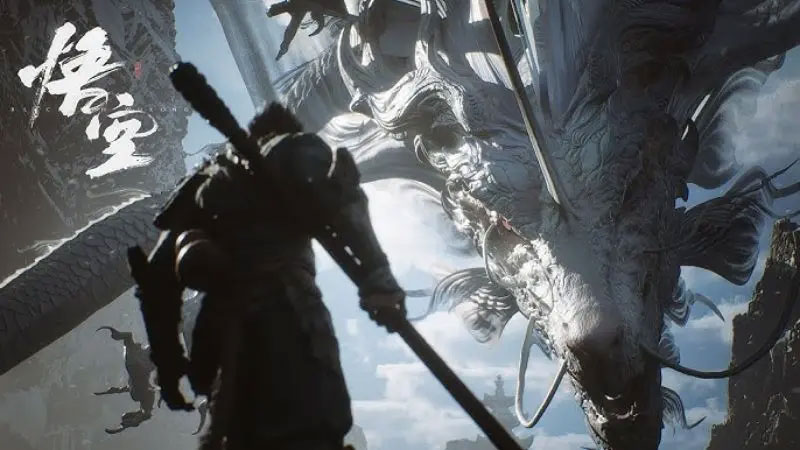
Image Credit: Black Myth Wukong | Game Science
Its nomination isn’t just deserved; Black Myth: Wukong is a testament to what gaming can be when it’s driven by passion and creativity rather than a checklist of corporate-approved buzzwords.
THE FUTURE OF GAMING MEDIA
The Black Myth: Wukong saga is a wake-up call.
Gamers are done with the hand-wringing, hyper-politicized takes that dominate gaming journalism. They want honesty, transparency, and, most importantly, respect for their ability to form their own opinions.
Will legacy media learn from this and change its approach?
Probably not. But hey, at least we’ll always have Black Myth: Wukong—a game that dared to challenge the status quo and came out swinging.
WANT MORE?
CHECK OUT THESE NEXT!
About Report AFK
A place for gamers, by gamers, untarnished by legacy gaming media and their herds of sheeple.
Site Links
Copyright 2025 ReportAFK.com


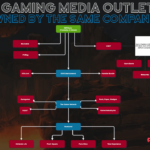



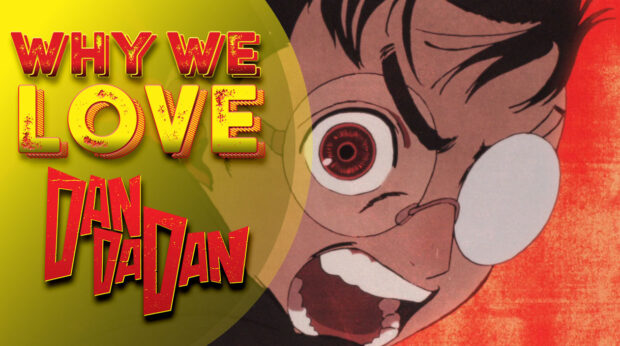
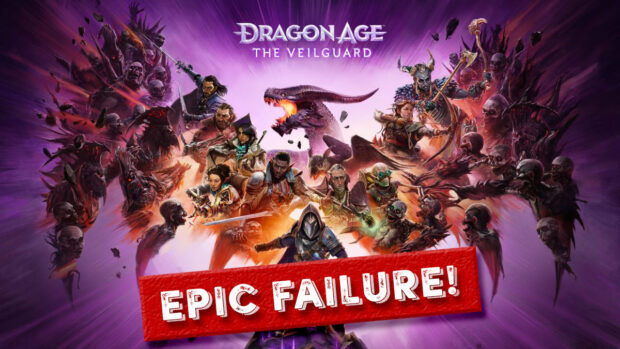




Be the first to leave a comment